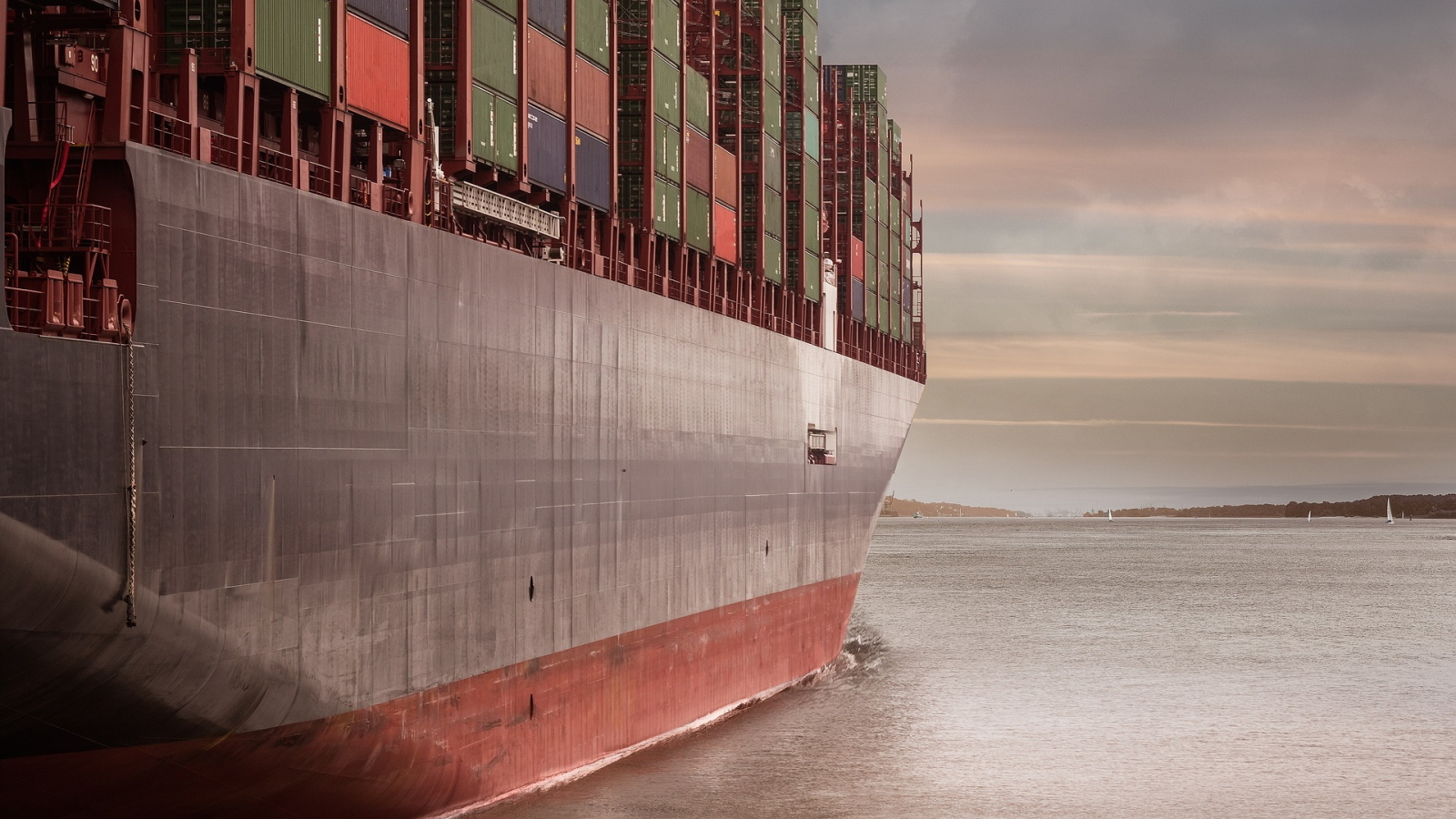According to a new report by the World Trade Organization (WTO), conditions are right for world trade to lose momentum in the second half of 2022 and remain slow in 2023.
WTO economists predict that total global merchandise trade volume will grow by 3.5% in 2022, which is slightly better than the 3.0% prediction in April. However, trade volume is predicted to only increase by 1.0% in 2023, down from a previous estimate of 3.4%.
Import demand is expected to lessen globally, for various reasons per each region. In Europe, the Russia-Ukraine war is likely to continue to raise energy prices, which will affect household spending and increase manufacturing costs. In the United States, monetary policy is anticipated to tighten amid inflation issues, which will affect spending in areas such as housing, motor vehicles and fixed investment. In China, there is no end in sight for issues stemming from COVID-19 outbreaks and production disruptions. In developing countries, the growing cost for fuels, food and fertilizers could lead to food and financial instability.
“Policymakers are confronted with unenviable choices as they try to find an optimal balance among tackling inflation, maintaining full employment and advancing important policy goals such as transitioning to clean energy,” WTO Director-General Ngozi Okonjo-Iweala said, according to the report. “Trade is a vital tool for enhancing the global supply of goods and services, as well as for lowering the cost of getting to net-zero carbon emissions.
“While trade restrictions may be a tempting response to the supply vulnerabilities that have been exposed by the shocks of the past two years, a retrenchment of global supply chains would only deepen inflationary pressures, leading to slower economic growth and reduced living standards over time,” she said.
The director-general sees the success of the WTO's 12th Ministerial Conference (MC12) in June as proof that members can cooperate and move toward their goals if there is "sufficient political will." Okonjo-Iweala also described the conditions necessary to improve trade conditions.
“What we need is a deeper, more diversified and less concentrated base for producing goods and services. In addition to boosting economic growth, this would contribute to supply resilience and long-term price stability by mitigating exposure to extreme weather events and other localized disruptions," she said.
In addition, the new WTO forecasts estimate that the world gross domestic product (GDP) will grow by 2.8% in 2022 and 2.3% in 2023, which is one percentage point lower than the previous projection. The previous projection came in April, only a few weeks into the Russia-Ukraine war. That war has severely affected the global price for energy and grain; however; the current prices aren’t as problematically high as they were at their peak.

